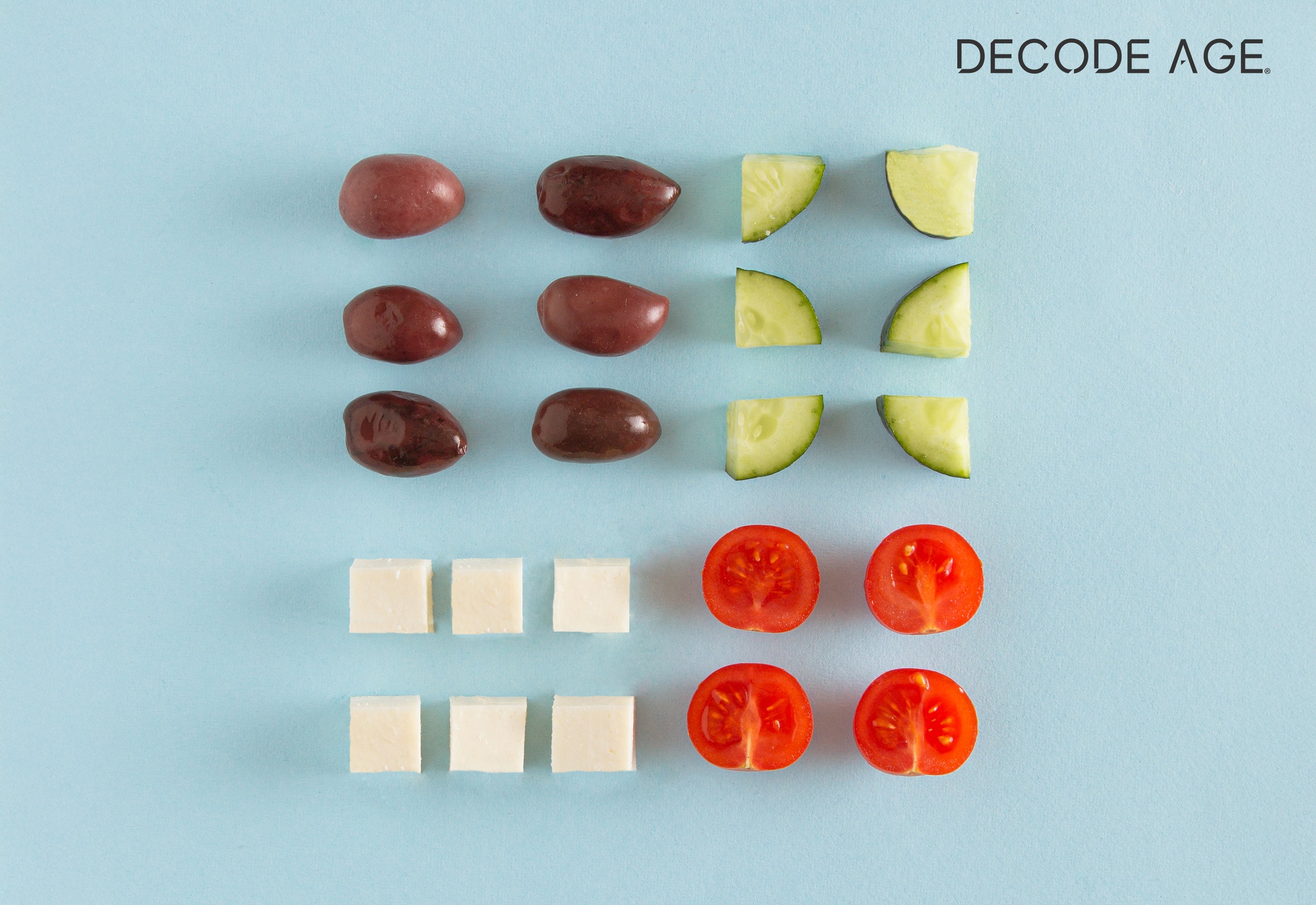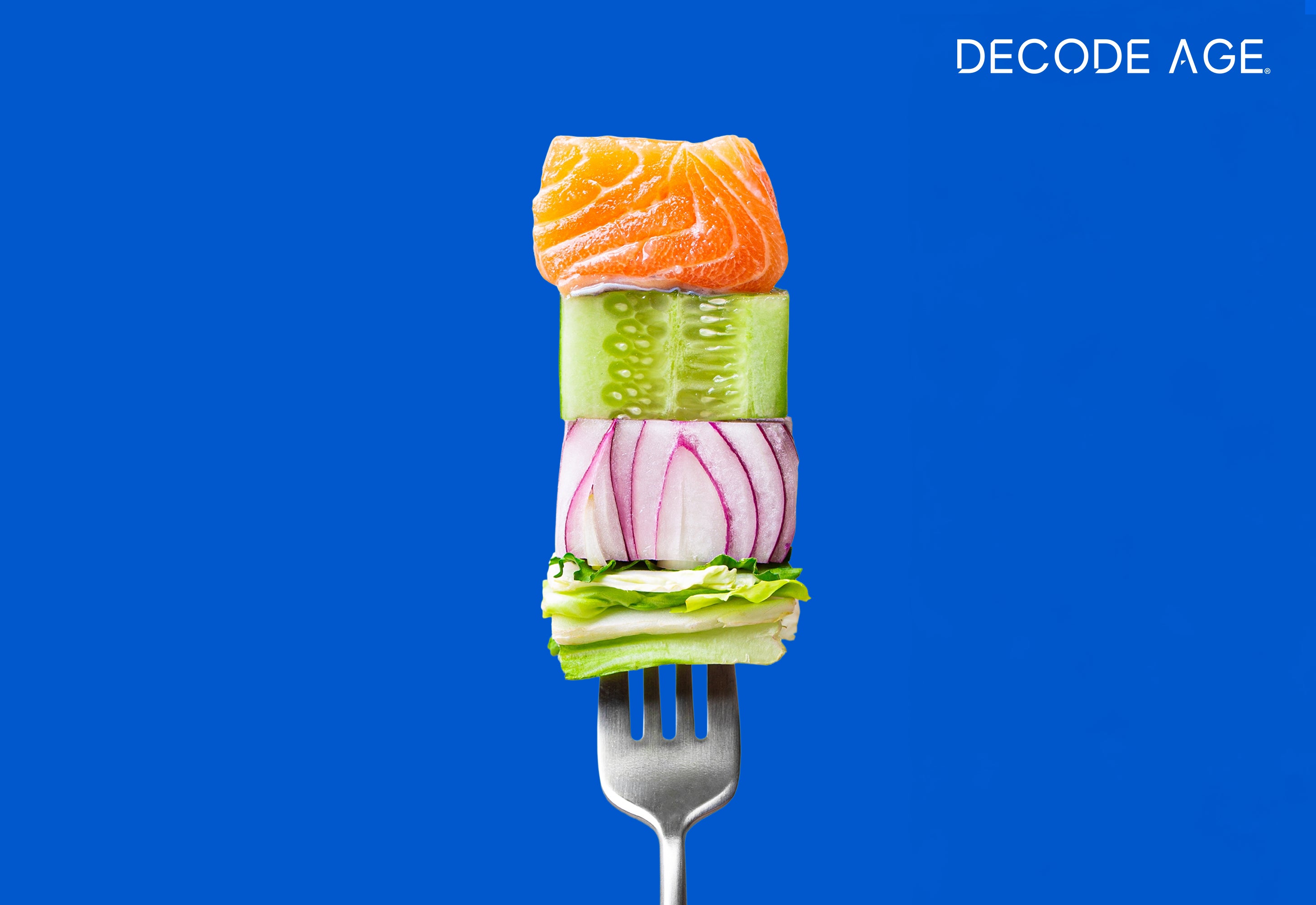A balanced diet serves as an essential fuel for your body, fuelling every cell, muscle and organ to perform at its best. The right proportion of nutrients such as carbohydrates, proteins, fats, minerals and vitamins support your energy levels, immunity and overall well-being, keeping your body ready to tackle every challenge that comes its way.
What is a Balanced Diet?
A balanced diet consists of all the essential nutrients your body needs to grow, function properly, stay healthy and remain disease-free. It includes a variety of foods such as fresh fruits, vegetables, whole grains, legumes, nuts, and lean proteins in the right amount. A balanced diet provides energy in the form of calories which is important for daily activities like walking, thinking, breathing, climbing stairs, etc.
The daily calorie intake varies depending on factors such as age, sex, and physical activity level, but generally, an adult requires around 2,000 calories daily for optimal bodily functions.
Importance of a Balanced Diet
A balanced diet is essential for providing the necessary nutrients that enable the body to function optimally. When nutrition lacks balance, the body becomes more susceptible to diseases, infections, fatigue, and diminished performance.
To sustain a healthy life, a balanced intake of essential nutrients is critical as these nutrients define the quality of life a person leads. For example, in children, poor nutrition can hinder growth, academic performance, and immune function. potentially leading to unhealthy dietary habits that persist into adulthood. Therefore, it is important to prioritize a nutrient-rich balanced diet to lead to active, vibrant life.
Let’s explore some key benefits of a balanced diet and how it can influence our overall well-being.
1. Healthy Weight Management
A balanced diet containing nutrient-rich foods helps regulate metabolism and prevent excessive weight gain or loss. Foods such as whole grains, lean proteins and fibre-rich food help feel satiety, thus reducing overeating and supporting healthy weight management.
2. Increased Energy Levels
A balanced diet provides the right proportion of carbohydrates, proteins and fats that help maintain energy levels throughout the day. Carbohydrates are the primary source of energy while proteins and fats prevent energy crashes thus keeping you active throughout the day.
3. Supports Immunity
Essential vitamins and minerals such as vitamin C, vitamin D and zinc play a crucial role in strengthening the immune system. A diet rich in vegetables, fruits and lean proteins can help fight infections, heal wounds faster and support overall immunity.
4. Improved Digestive Health
Essential nutrients, fibre, and probiotics in a balanced diet contribute to better digestive health. Probiotics support healthy gut microbiota, whereas fibre encourages regular bowel movements, reduces constipation, and helps prevent problems like bloating and indigestion.
5. Mental Health and Cognitive Function
Proper nutrition positively influences cognitive function and emotional well-being. Nutrient-rich foods help in brain function, enhance mood and lower the risk of mental health problems. Foods rich in omega-3 fatty acids, antioxidants and Vitamin B significantly contribute to cognitive function, reduce stress and lower the risk of depression and anxiety.
6. Prevention of Chronic diseases
A diet rich in antioxidants, healthy fats and minerals lowers the risk of chronic conditions such as diabetes, cardiovascular diseases, high blood pressure and more. A balanced diet provides essential nutrients to combat oxidative stress, and cellular damage and promotes healthy ageing and longevity.
What Should a Balanced Diet Contain?
A balanced diet should contain the right amount of macronutrients and micronutrients as well as sufficient hydration to meet the physiological needs of the body. Let’s explore the essential components of a balanced diet.
Macronutrients
The body needs macronutrients in large quantities for energy production necessary for cellular processes for regular body functions. For optimum health and well-being, the macronutrient intake must be balanced.
The three main types of macronutrients include:
- Carbohydrates: It is the primary source of energy and is found in abundance in foods such as whole grains, legumes and vegetables. Fibre, a type of carbohydrate is known to promote cardiovascular health, control blood sugar level, cholesterol level and improve gut health. Dietary fibre can be found in fresh fruits and vegetables.
- Proteins: Dietary proteins derived from plant sources (nuts, seeds, grains and legumes) and animal sources (meat, dairy products, fish and eggs) are important components of a balanced diet as they help maintain muscle mass and strength, aiding tissue repair and growth.
- Fats: Fats are the primary component of cellular structure and source of cellular energy. Polyunsaturated fatty acids (omega-3 and omega-6) and unsaturated fats are considered essential fatty acids important for growth and are known to have a positive impact on cardiovascular health, cognitive health and overall well-being. These healthy fats are found in nuts, seeds and some plant-derived oils (Sammugam & Pasupuleti, 2018).
Micronutrients
Micronutrients are vital vitamins and minerals that the body needs in trace amounts to function properly. They are essential for the synthesis of energy, immunological response, and tissue regeneration. Minerals (iron, zinc, calcium) and vitamins (A, C, and D) are common examples of micronutrients. A well-proportioned diet guarantees sufficient consumption, averting deficits and advancing general well-being. Lack of micronutrients can lead to rapid cellular ageing and progression of age-related diseases.
Water
Water is the principal component of our body and is responsible for key functions such as maintaining hydration levels and carrying micronutrients including electrolytes to cells, flushing out toxins and aiding digestion. Drinking sufficient water throughout the day is important to maintain energy levels and overall health (Cena & Calder, 2020).
How to Plan a Balanced Diet
A balanced diet is made up of a range of foods that are high in nutrients that you eat at each meal of the day. Determine your unique nutritional requirements by considering your age, weight, and degree of activity. The Indian Council of Medical Research (ICMR) Dietary Guidelines for 2024 can help you plan your balanced diet (DIETARY GUIDELINES for INDIANS, ICMR-National Institute of Nutrition) According to ICMR the balanced diet must include:
- Cereals and Millets: Whole grains such as brown rice, and whole wheat, and millets such as bajra, ragi and jowar are packed with dietary fibres, minerals and vitamins.
- Pulses and Legumes: A variety of pulses and legumes can be incorporated into your diet as they are rich in plant-based protein, fibre and micronutrients.
- Fruits and vegetables: It is suggested to have at least 4-5 servings of fresh fruits and vegetables daily as they are rich in vitamins, minerals and antioxidants.
- Animal-based food: Moderate amounts of dietary products and animal products such as fish, poultry, lean meat and eggs can be incorporated to balance your diet for high-quality protein and essential fatty acids.
- Fats and Oils: Healthy fats and oils like groundnut, olive oil and mustard oil in moderation can be used. Avoid saturated and trans fats.
The table below shows the food composition of a balanced diet for Men and Women suggested by ICMR.
|
Age group |
Men (Amount gm/day) |
Women (Amount gm/day) |
|||
|
|
Sedentary |
Moderate/Active |
Sedentary |
Moderate/Active |
Pregnant |
|
Body Weight |
65 |
55 |
|||
|
Cereals & Millets |
260 |
370 |
190 |
270 |
220 |
|
Pulses (Legumes) |
85 |
120 |
60 |
90 |
75 |
|
Green leafy vegetables |
100 |
100
|
100
|
100
|
150 |
|
Other Vegetable |
200 |
200 |
200 |
200 |
200 |
|
Roots & Tubers (excluding potatoes) |
100 |
100 |
100 |
100 |
100 |
|
Fruits |
100 |
100 |
100 |
100 |
150 |
|
Milk |
300 |
300 |
300 |
300 |
400 |
|
Fats & Oils |
25 |
30 |
15 |
20 |
15 |
|
Nuts |
30 |
40 |
25 |
30 |
30 |
|
Energy (Kcal) Obtained |
~2080 |
~2680 |
~1660 |
~2125 |
~2020 |
Table 1: ICMR nutrient consumption guidelines for a balanced diet.
Supplements for Nutrition and Healthy Lifestyle
Eating a healthier and nutritional diet is the most important step to living a healthy lifestyle. But for most people taking sufficient nutrition from diet alone can be challenging due to food allergies, dietary preferences, or certain health conditions. In such cases, supplements can be taken along with diet to fulfil the daily nutrient requirement.
- Ca-AKG, the calcium salt of Alpha-Ketoglutarate, which supports your muscle development, cellular energy and brain function. It supports collagen production, and maintains bone density, reducing the risk of osteoporosis. Ca-AKG can be taken as a supplement to support healthy ageing and to optimize your energy levels and overall well-being.
- Collagen supplements can help support joint and bone health and promote skin health by maintaining skin hydration and elasticity. Marine Collagen along with ingredients such as Nicotinamide Riboside (NR), vitamins C and E, hyaluronic acid and biotin can help combat ageing, and boost vitality.
- NMN, a precursor of NAD+, can boost cellular energy, improve metabolism and enhance cognitive function. Taking NMN as a daily supplement can help with muscle function, DNA repair, and skin health, and promote longevity.
- DAKE (Vitamin D3, K2, A & E) supports immune function, bone health and combat oxidative stress. Daily vitamin supplementation can help promote healthy ageing and support overall vitality.
Conclusion
To sum up, maintaining a healthy lifestyle, adding necessary vitamins, and embracing a balanced diet are critical for general well-being. These activities prolong longevity, fight ageing, and improve mental and physical health. Supplements with scientific backing and a customised diet plan create the foundation for a healthy and happy life.
FAQs
Which food is balanced food?
The foods that are balanced are vegetables and legumes (beans), fruit, grains and cereals, lean meat, poultry, fish, eggs, legumes (beans), tofu, nuts, seeds, milk, cheese, and yoghurt.
How many nutrients should be present in a balanced diet?
The nutrients that should be present in a balanced diet are carbohydrates, minerals, water, dietary fibre, fats, proteins, and vitamins.
How does a balanced diet affect our lives?
A well-balanced diet improves general health by supplying vital nutrients for immunity, energy, and overall well-being, as well as encouraging a healthy, active lifestyle.
Why is it important to eat a balanced diet?
Eating a balanced diet ensures optimal health by providing essential nutrients for bodily functions and preventing nutritional deficiencies.
What are the different types of balanced diet?
Vegetarian, Mediterranean, and DASH diets are examples of balanced diets that guarantee a variety of nutrients for general health.

























Leave a comment
All comments are moderated before being published.
This site is protected by hCaptcha and the hCaptcha Privacy Policy and Terms of Service apply.